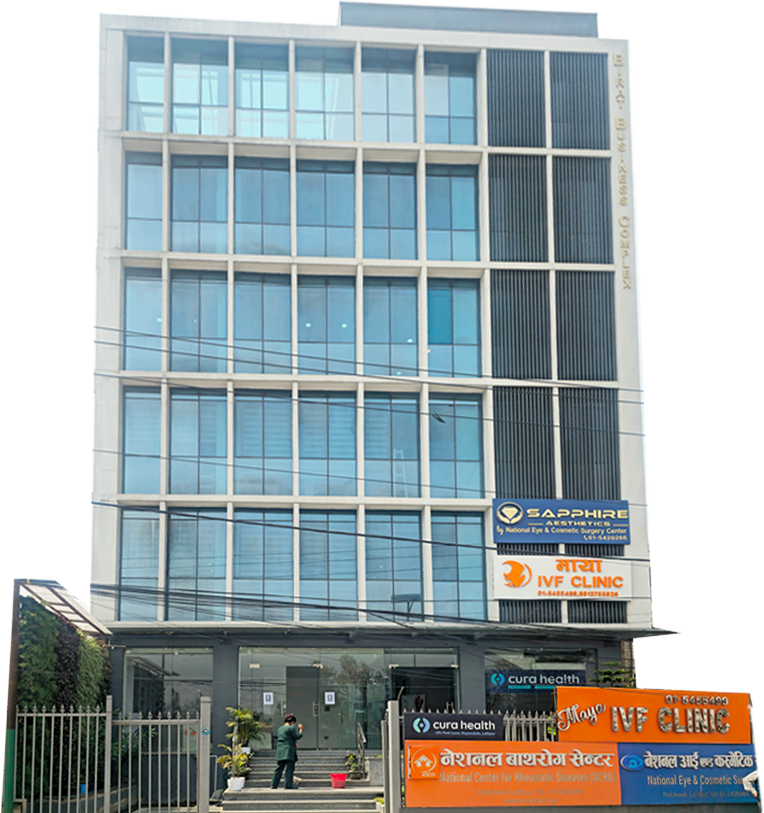Things you should know about In vitro fertilization
In Vitro fertilization is a medical procedure in which the natural process of reproduction is mimicked by using modern medical equipment and techniques. During this process, the sperm and egg are fertilized into an embryo outside of the body which is then either transferred to the woman's uterus or frozen for a later attempt.
Records
The records of IVF treatment goes back to 1978 when Louis Broun became the world's first child to be conceived outside of her mother's womb in vitro. Because the method was extraordinarily arguable and exquisite back then, the infant was frequently called by names like "frankenbaby" and "test-tube child". But after the successful delivery of Louis Brown, there was a surge of hope among the couples incapable of having a child.
The demands for such IVF treatments increased rapidly all around the world and so did the treatments. Today louse brown is 43 years old, there are more than 8 million such test tube babies all around the world and more than 2.5 million cycles of such procedures are being performed each year.
Procedure
In Vitro fertilization is quite a complicated process that requires frequent visits to the doctor before and after the treatment. Yet the entire procedure can be broken down into five steps involved.
Ovulation Induction
In this process, it is assured that the ovaries are producing multiple follicles and eggs to increase the possibility of fertilization. For this purpose, several hormonal medications are either injected or taken orally to encourage the full and healthy growth of eggs.
Egg Retrieval
Once the eggs are fully matured for the fertilization process, they are then extracted through a minor surgical procedure using the ultrasound technique for fertilization.
Insemination and Embryo Culture
The matured eggs are then mixed with the sperm samples (whether
that be of the partner or a donor) in the laboratory. The eggs and sperm samples
are then stored together in a special container in the laboratory where the fertilization
happens and the progress is monitored.
Fertility Test (Beta HCG)
After a week or more after the Embryo Transfer, a fertility test is to be done to determine whether or not a person is positive for pregnancy. The regular medications are continued if the test is positive and halted if not.
Why IVF?
People choose IVF treatment for multiple reasons, whether that be male infertility (poor semen quality), blocked tubes, an aged couple, or same-sex couple (homosexual couples). IVF provides an opportunity for parenthood to couples who would not have been able to conceive otherwise. Along with that, IVF fertility treatment is the best option for Assisted Reproductive Technology (ART) available to date.
Do you need IVF?
You might want to visit an infertility doctor if you’ve been involved in unprotected sexual intercourse for a year or more if you're somewhere in your 30s. If you're above 40 or so, it would be better to visit a doctor right away because as we all know, fertility declines with the increment in age.
Contact us
Since 2013, our pioneering fertility center has been helping people achieve and live their dream of parenthood regardless of their sexual orientation, gender preference, or marital status. Back in 2018, we successfully assisted a lesbian couple to achieve pregnancy.
For consultation and appointments, feel free to contact us through;
9813755826/01-5455499
niflc.nepal@gmail.com
Our Latest Blogs
Myths and Facts about Infertility
When it comes to infertility, there are a lot of myths revolving around it in our society.Initially,...
How is ICSI different from Conventional IVF treatm...
ICSI and Conventional IVF both are forms of assisted reproductive treatment (ART) in which eggs are...
5 Common causes of infertility in women
A condition is diagnosed as infertility when a heterosexual couple is unable to conceive after one y...






 Nepal International Fertility and Laparoscopic Centre (NIFLC). All rights reserved. Powered by
Nepal International Fertility and Laparoscopic Centre (NIFLC). All rights reserved. Powered by  Sciever Inc.
Sciever Inc.